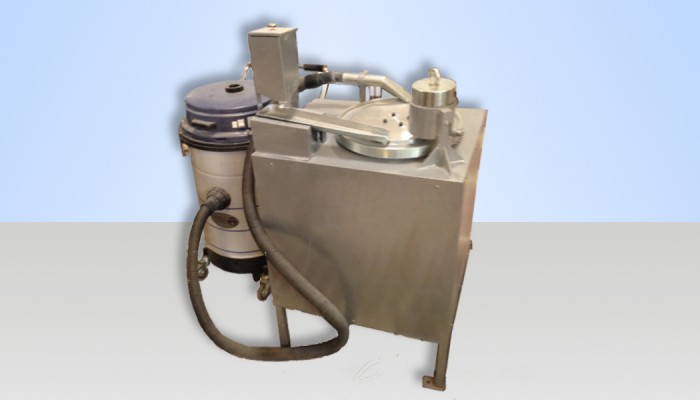NTNU Abrasion Test
The NTNU (Norwegian University of Science and Technology) tests, is one of the methods for measuring friction. This method was developed in the 1960s at the Norwegian University of Science and Technology to measure the drilling ability of the impact drill. In recent years, it has been used in great international drilling projects and is used as one of the most comprehensive methods for predicting the Tunnel Boring Machine performance. Numbers of tests and indicators which are included in the NTNU methods. The result of the NTNU test is used to calculate the lifetime of the blade. Blade Life Index (CLI) is calculated based on SJ and friction rate (AVS). This index can be used to estimate the working time of TBM shear plates in excavations in a particular type of rock. In this test for determining AVS, evaluate the friction of a metal blade under a load of 10kg. Due to the contact with the crushed stone sample with seeds smaller than 1 mm which spin on a rotating plate, The amount of friction or AVS is the weight loss of the blade after 20 rounds of disc rotation (in one minute) in milligrams.
|
NTNU Test Device without Vacuum
|
SMRO-3100
|
Technical Specifications:
|
Dimensions:
|
90×150×100 Cm (L×W×H)
|
|
Approximate Weight:
|
80 Kg
|
|
Dimensions of the test disk:
|
450 mm
|
|
Blade Dimensions:
|
10×10 mm
|
|
Loading:
|
Static
|





